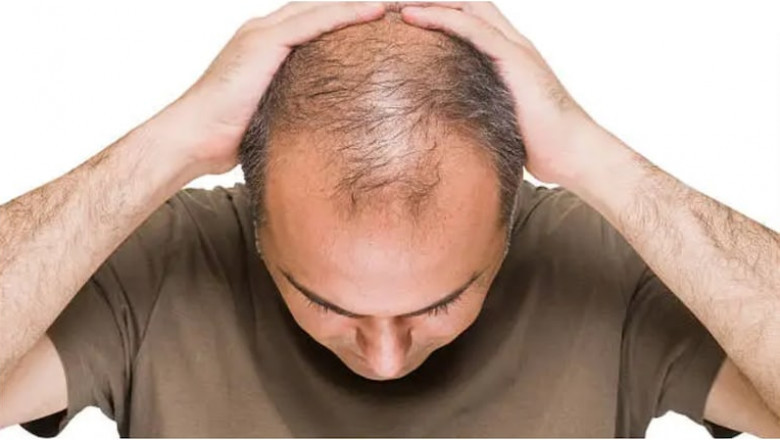views
Saxenda, a medication used for weight loss and managing obesity, has gained popularity as an effective treatment. However, like many medications, it can come with some side effects. One common concern among users is hair loss. This article will explore the potential link between Saxenda and hair loss, its symptoms, and possible solutions to address this issue.
Understanding Saxenda and Its Mechanism:
Saxenda cause hair loss Dubai (هل تسبب ساكسيندا تساقط الشعر دبي) is a glucagon-like peptide-1 (GLP-1) receptor agonist. It works by mimicking the hormone GLP-1, which helps regulate appetite and food intake. By controlling hunger, Saxenda supports weight loss efforts in people with obesity or those struggling with overweight-related health issues. While it offers benefits for weight management, it’s important to be aware of its side effects, including the possibility of hair thinning or loss.
Hair Loss as a Side Effect of Saxenda:
Hair loss is a reported side effect among some users of Saxenda, though it is not guaranteed. Typically, medications that affect metabolism, hormone levels, or nutrition can trigger changes in hair growth cycles. While hair loss related to Saxenda is not common, it has been observed in some cases, often as a result of the body adjusting to weight loss or experiencing nutrient deficiencies.
Why Does Saxenda Cause Hair Loss?
The mechanism behind Saxenda’s potential to cause hair loss is not fully understood. However, it’s believed that rapid weight loss may disrupt the hair growth cycle. When the body undergoes quick changes, including substantial weight loss, it can lead to telogen effluvium, a condition where hair prematurely enters the shedding phase. Additionally, Saxenda may alter your body’s nutritional intake or absorption, leading to deficiencies in vitamins and minerals crucial for healthy hair growth.
Symptoms of Hair Loss from Saxenda:
If Saxenda is contributing to hair loss, the symptoms typically appear as thinning or shedding of hair, particularly noticeable in the scalp area. This type of hair loss can occur gradually and may be more pronounced in individuals who experience significant weight loss or changes in their diet while on the medication. The shedding often manifests in clumps or in the form of excessive hair fall during washing or combing.
Solutions to Prevent or Manage Hair Loss:
If you are experiencing hair loss while on Saxenda, there are several approaches to manage the situation. Firstly, it’s important to ensure that your diet is well-balanced, with adequate intake of nutrients such as iron, biotin, and vitamins A, C, D, and E. Taking supplements to address any deficiencies may help promote hair regrowth. Additionally, avoiding overly restrictive diets that could exacerbate nutrient imbalances is essential.
Regular use of mild hair care products, such as shampoos and conditioners designed to nourish and strengthen hair, can also help minimize further damage. If hair loss persists, you may consider consulting a healthcare professional to explore other treatment options, including switching medications or adding hair restoration therapies.
When to Seek Professional Advice:
While hair loss from Saxenda is generally not severe or permanent, it can be distressing. If the shedding becomes excessive or noticeable, it may be a sign that the body is reacting strongly to the medication. Consulting a healthcare provider can help assess whether Saxenda is the cause of hair loss or if other underlying factors are contributing to the problem. They can offer guidance on adjusting the dosage or exploring alternative weight loss medications that might be gentler on the body.
Conclusion:
While Saxenda can be an effective weight loss solution for many, it is not without its potential side effects, including hair loss. If you notice thinning or shedding of hair while using Saxenda, it’s important to consider possible contributing factors, such as rapid weight loss or nutritional deficiencies. By maintaining a balanced diet and seeking appropriate treatments, hair loss can often be managed effectively. If the issue persists, professional guidance can provide further solutions to ensure both your weight loss and hair health are supported.














Comments
0 comment